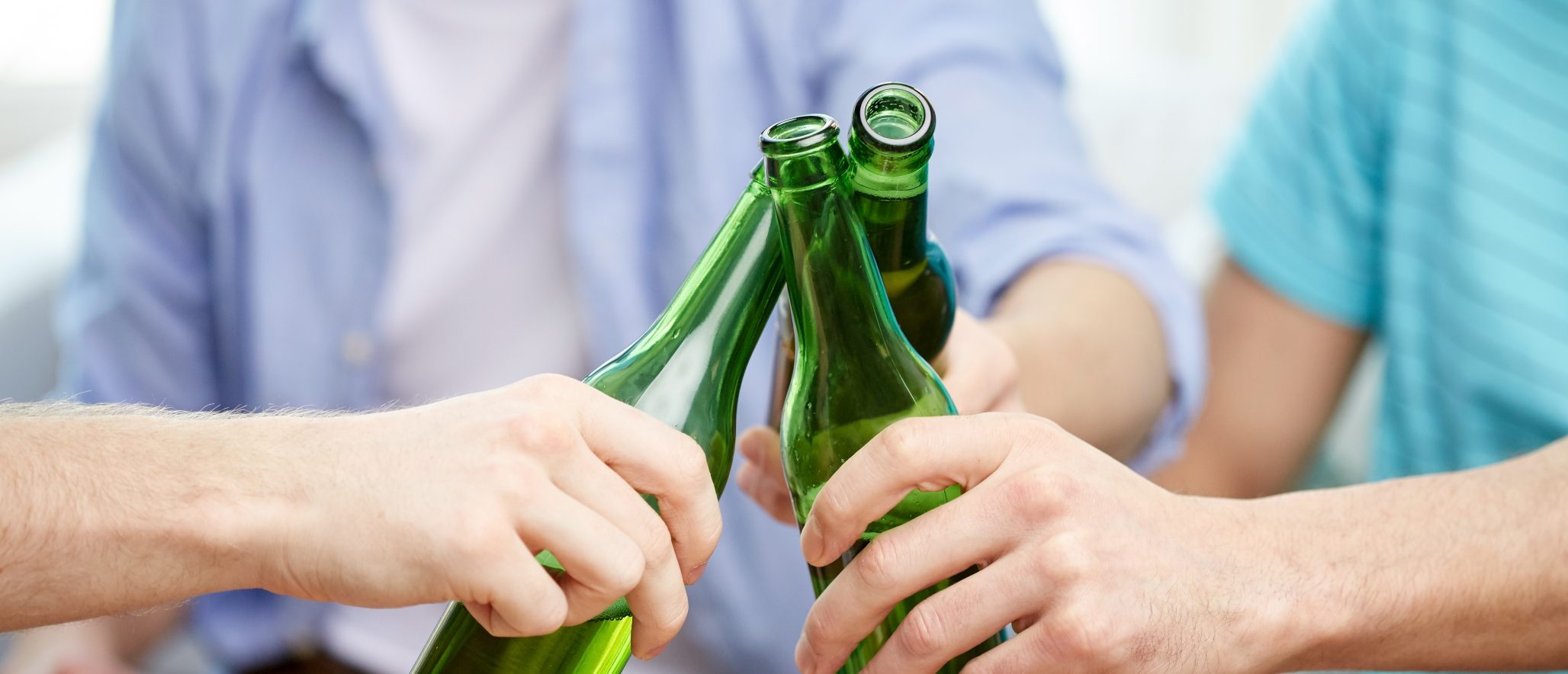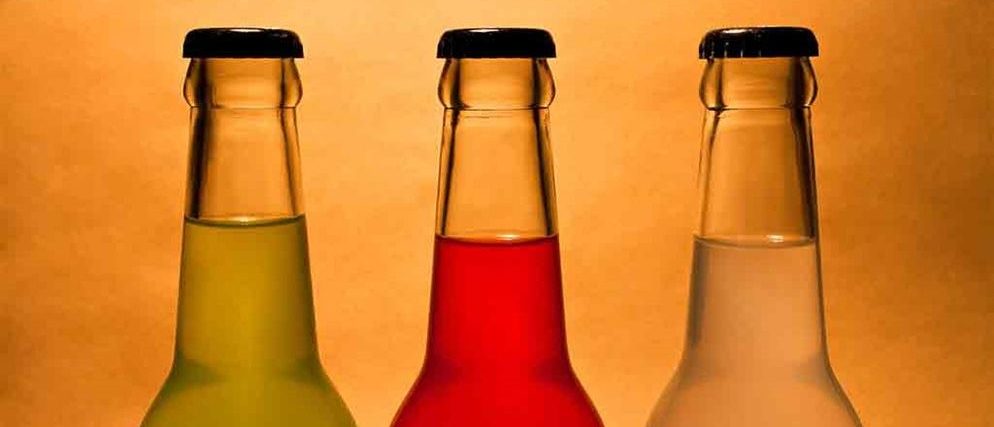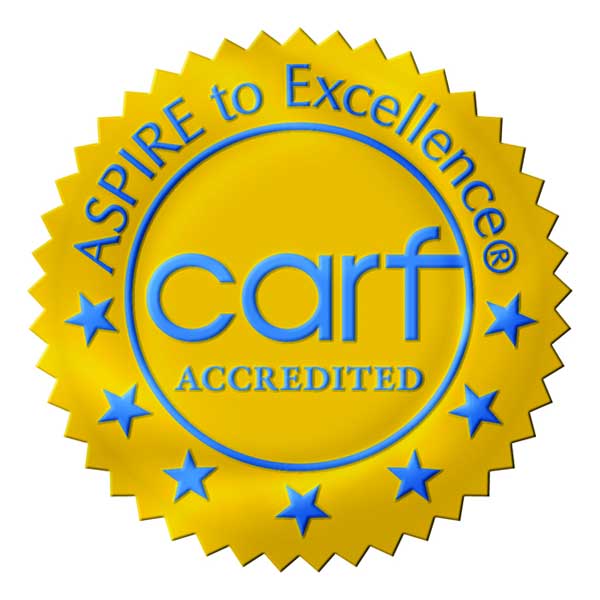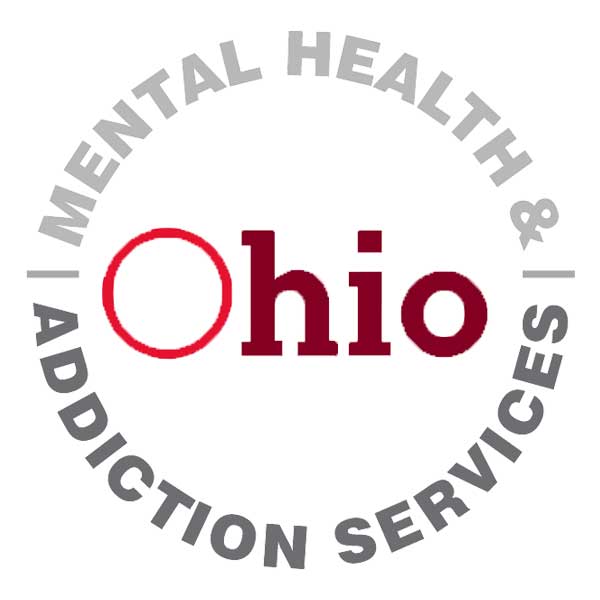GET HELP NOW
513.792.1272
Teen Drinking is Normalizing
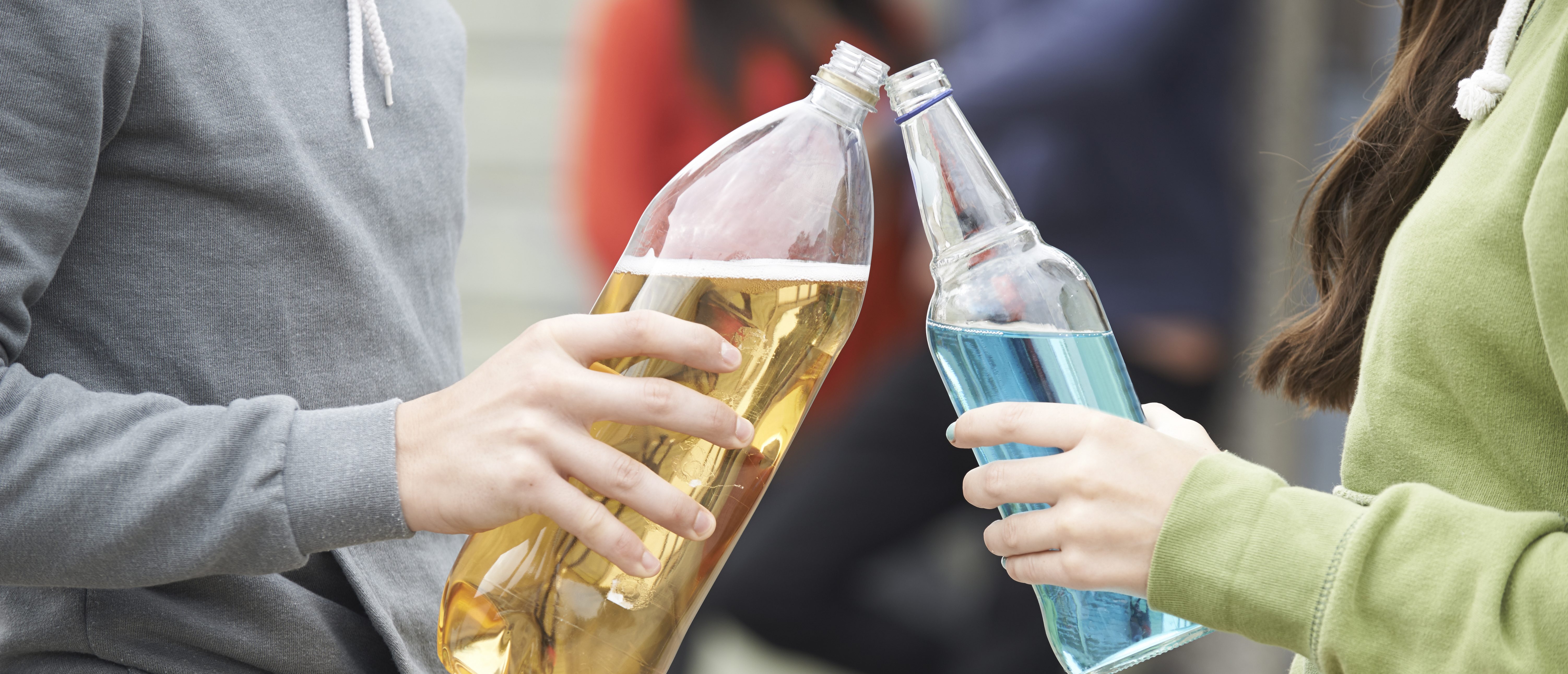
Teens are reporting low perceptions of risk and harm related to alcohol.Teen Drinking is Normalizing
According to the Partnership Attitude Tracking Study (PATS), 45% of teens do not see “great risk” in heavy daily drinking. Only 31% strongly disapprove of their peers and other teens getting drunk. 73% of teens report having friends who drink alcohol at least once per week. This shows that teen drinking is normalizing and becoming increasingly common, expected, and accepted. When alcohol or other drugs become seen as “normal” behavior, teens become more likely to use. Teens may also begin to use at a younger age. When more teens use, the number of teens who experience the negative consequences associated with use also increases.
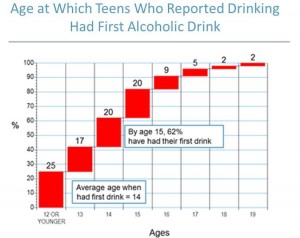
When do Teens Begin to Use?
In this study, teens’ average age of reported first use was 14. Other studies (like Monitoring the Future and CASA) have seen first use averaging around age 11 for boys and 13 for girls.
62% of 15 year olds said they had experienced their first full drink of alcohol. Of teens who reported alcohol use, 25% said they had their first full drink by the time they were 12 or younger. When teens feel like “everyone is doing it” they aren’t far off.
What can Parents Do?
The PATS also found that 32% of teens think their parents would be ok with them drinking at a party. In reality, only 10% of parents would agree to teens drinking beer at a party. Parents should not condone teen use in their home, purchase alcohol or other drugs for teens, or host teen parties with alcohol or other drugs. Doing so is illegal, and it puts your teen at risk. It may also open up the parent to legal action.
Parents need to communicate that they do not condone underage drinking to their teens. Teens may not appear to be listening, but research shows that what parents say and believe does matter. Parents and schools need to continue to help teens understand the very real dangers associated with underage drinking in general and binge drinking in particular. In periods of time when teen drinking is normalizing, greater proportions of teens have historically used alcohol. This can lead to riskier behavior and greater consequences from drinking.
References
RELATED POSTS
ASAP is Cincinnati's premiere outpatient treatment center for teenagers and their families struggling with substance abuse and mental health problems.
SUBSCRIBE
Enter your email address to receive news and information from ASAP.


